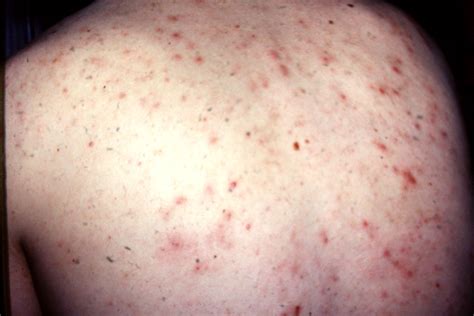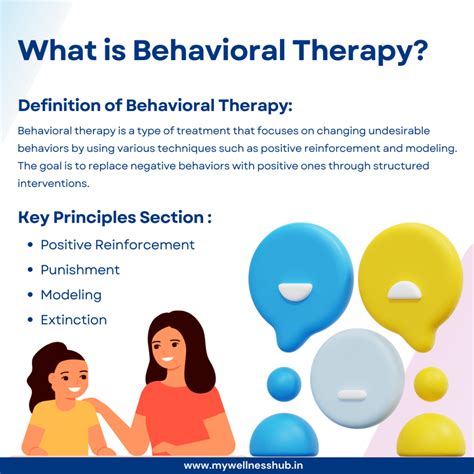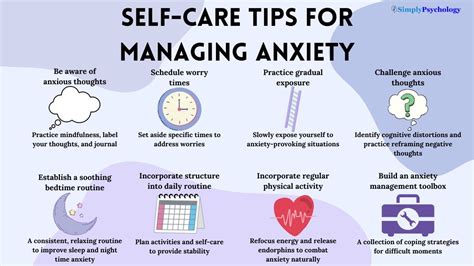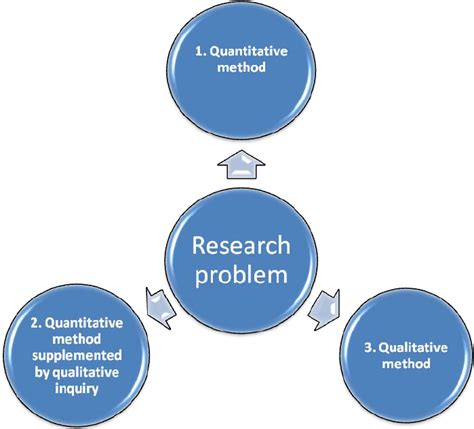Intro
Treat excoriation with 5 effective methods, reducing skin picking and improving mental health through stress management, self-care, and dermatological treatments, alleviating skin damage and promoting healing.
Treating excoriation, also known as skin picking disorder, requires a comprehensive approach that addresses both the physical and psychological aspects of the condition. Excoriation can lead to significant distress and impairment in daily life, making it essential to seek professional help. The good news is that there are various effective treatments available, ranging from behavioral therapies to medication and self-help strategies. In this article, we will delve into the world of excoriation treatment, exploring the benefits, mechanisms, and steps involved in each approach.
Excoriation disorder is characterized by recurrent and repetitive picking at one's own skin, resulting in noticeable skin damage. This behavior can be triggered by various factors, including stress, anxiety, boredom, or other emotional states. The skin picking can lead to a range of physical complications, such as infections, scarring, and disfigurement. Furthermore, the emotional distress associated with excoriation can significantly impact an individual's quality of life, social relationships, and self-esteem. Therefore, it is crucial to address excoriation disorder with a combination of therapeutic interventions and self-care strategies.
The importance of treating excoriation disorder cannot be overstated. By seeking professional help and implementing effective treatment strategies, individuals can break the cycle of skin picking, reduce their symptoms, and improve their overall well-being. Treatment can also help individuals develop healthier coping mechanisms, enhance their self-awareness, and foster a more positive body image. In the following sections, we will explore five ways to treat excoriation disorder, including behavioral therapies, medication, self-help strategies, and alternative approaches.
Understanding Excoriation Disorder

Behavioral Therapies for Excoriation

Benefits of Behavioral Therapies
The benefits of behavioral therapies for excoriation disorder are numerous. These therapies can help individuals: * Reduce their skin picking behavior * Improve their self-esteem and body image * Develop healthier coping mechanisms * Enhance their emotional regulation and stress management * Improve their overall quality of lifeMedications for Excoriation Disorder

Types of Medications
Some of the most commonly used medications for excoriation disorder include: * Fluoxetine (Prozac) * Sertraline (Zoloft) * Paroxetine (Paxil) * Clomipramine (Anafranil) * Risperidone (Risperdal)Self-Help Strategies for Excoriation

Tips for Implementing Self-Help Strategies
To get the most out of self-help strategies, individuals can follow these tips: * Start small and set realistic goals * Be consistent and patient * Seek support from loved ones or a therapist * Celebrate small victories and accomplishments * Be kind and compassionate towards oneselfAlternative Approaches for Excoriation

Types of Alternative Approaches
Some alternative approaches that may be used to treat excoriation disorder include: * Acupuncture: This involves inserting thin needles into specific points on the body to stimulate healing and relaxation. * Hypnotherapy: This involves using guided imagery and suggestion to help individuals enter a state of deep relaxation and reduce skin picking behavior. * Herbal supplements: Certain herbs, such as St. John's Wort, passionflower, and kava, may be used to reduce anxiety and stress associated with excoriation disorder.Conclusion and Next Steps

We invite you to share your thoughts, experiences, and questions about excoriation disorder in the comments section below. Your input can help others who may be struggling with this condition, and we appreciate your contribution to the conversation. Additionally, if you found this article helpful, please consider sharing it with others who may benefit from this information.
What is excoriation disorder?
+Excoriation disorder, also known as skin picking disorder, is a mental health condition characterized by recurrent and repetitive picking at one's own skin, resulting in noticeable skin damage.
What are the symptoms of excoriation disorder?
+The symptoms of excoriation disorder include recurrent skin picking, skin damage, and emotional distress. Individuals with excoriation disorder may also experience anxiety, depression, and obsessive-compulsive behaviors.
How is excoriation disorder treated?
+Excoriation disorder is treated with a combination of behavioral therapies, medications, self-help strategies, and alternative approaches. Behavioral therapies, such as cognitive-behavioral therapy and habit reversal training, can help individuals identify and change their negative thought patterns and behaviors associated with skin picking.
Can excoriation disorder be cured?
+While excoriation disorder cannot be cured, it can be effectively managed with the right treatment and support. With a comprehensive treatment plan and ongoing support, individuals can reduce their symptoms, improve their quality of life, and develop a more positive and compassionate relationship with themselves.
How can I seek help for excoriation disorder?
+If you or someone you know is struggling with excoriation disorder, it is essential to seek professional help and support. You can start by consulting with a mental health professional, such as a psychologist or psychiatrist, who can provide a comprehensive diagnosis and treatment plan. Additionally, you can reach out to support groups, online forums, and hotlines for guidance and connection.
